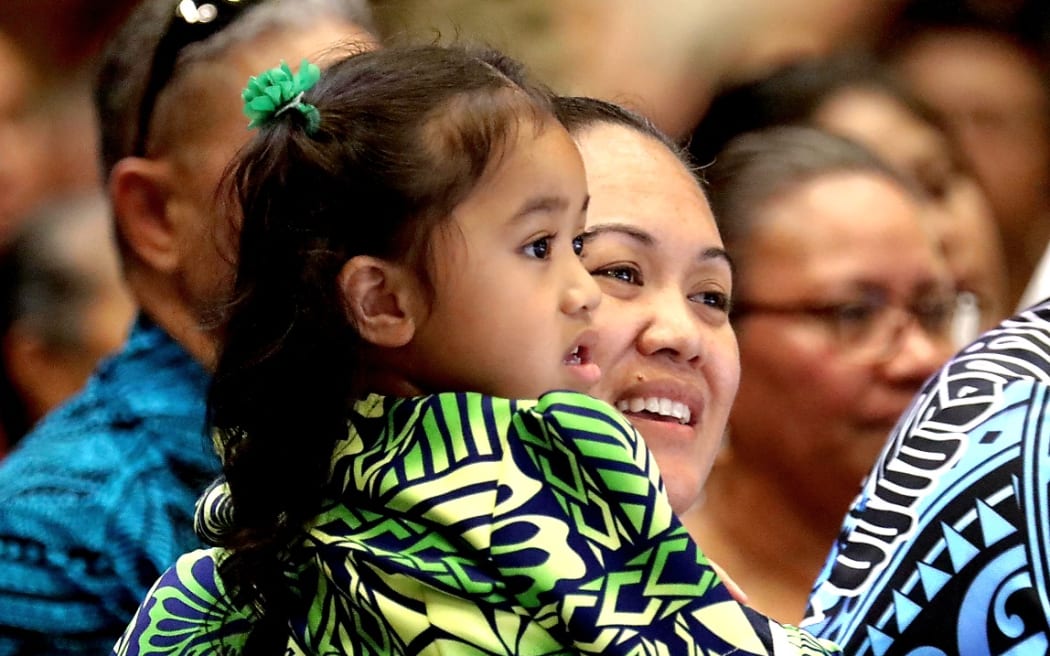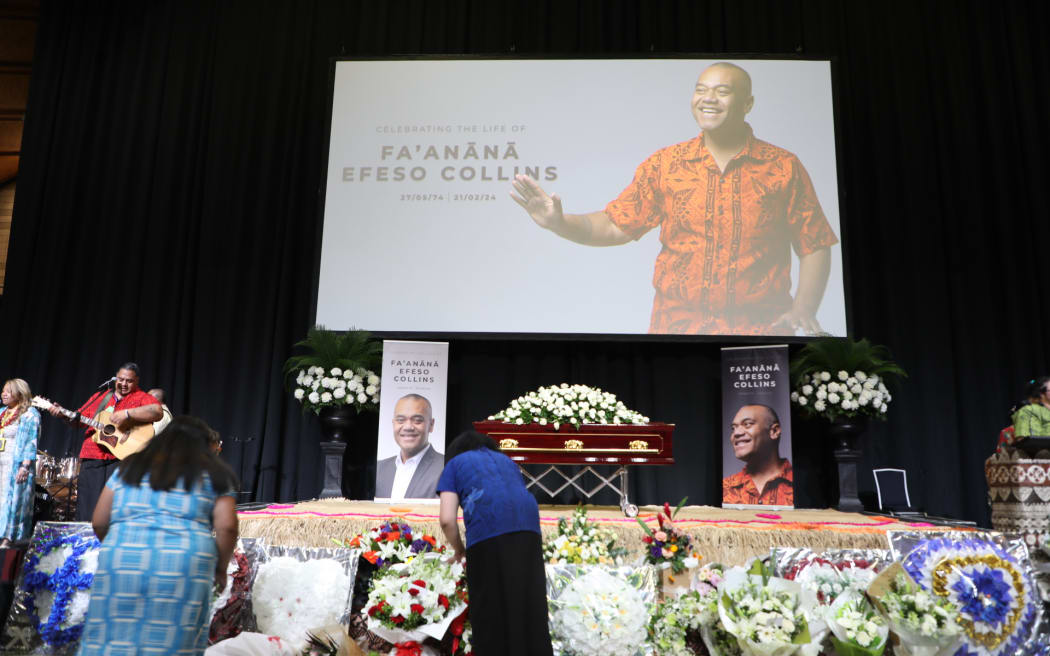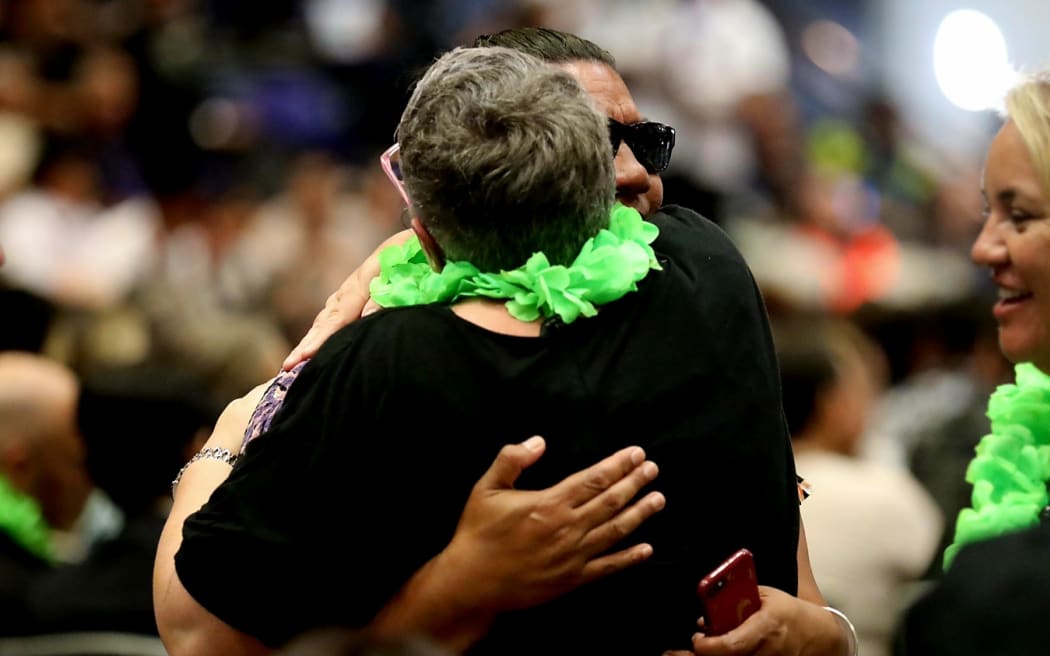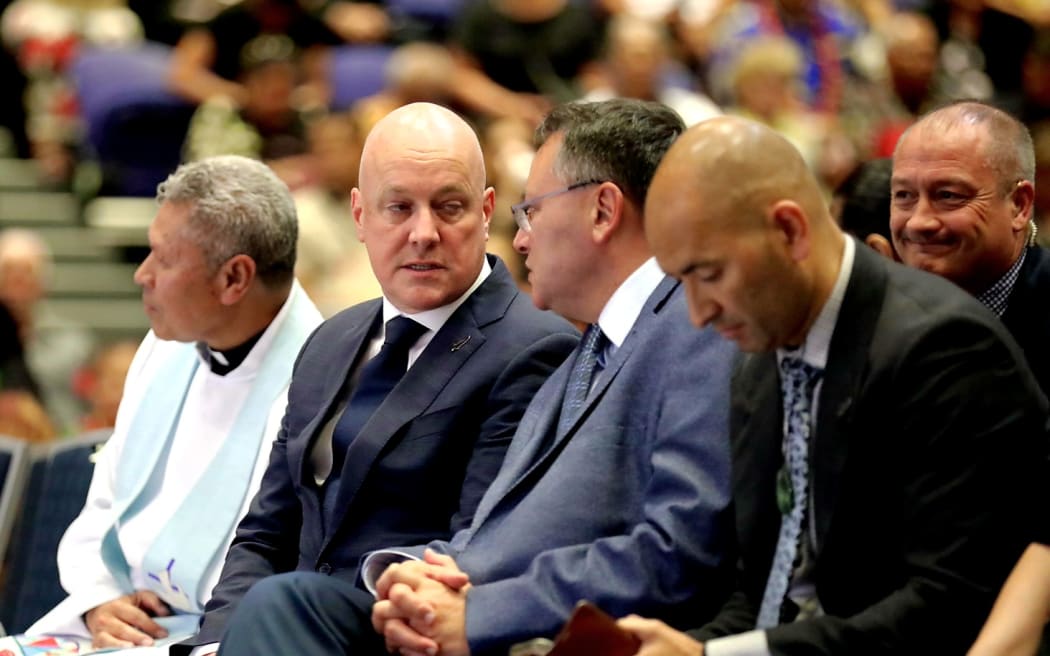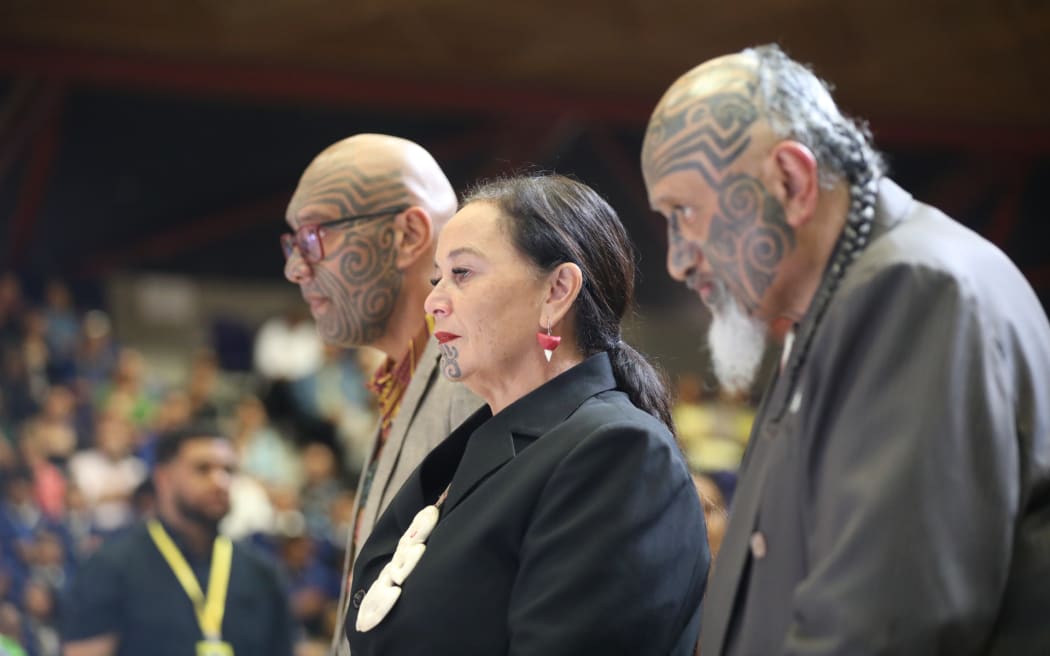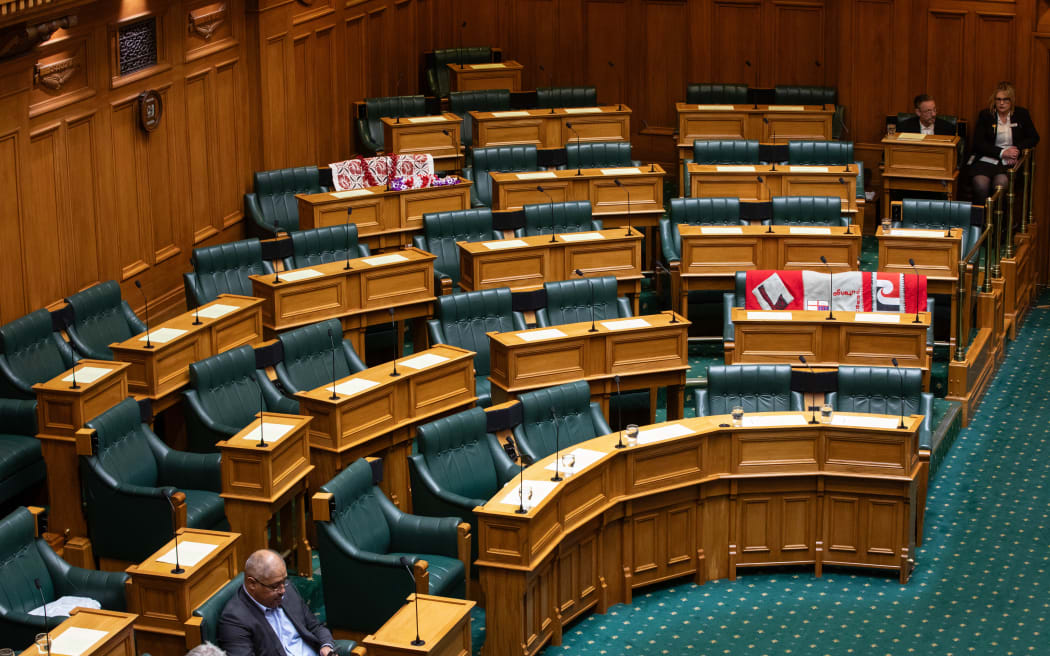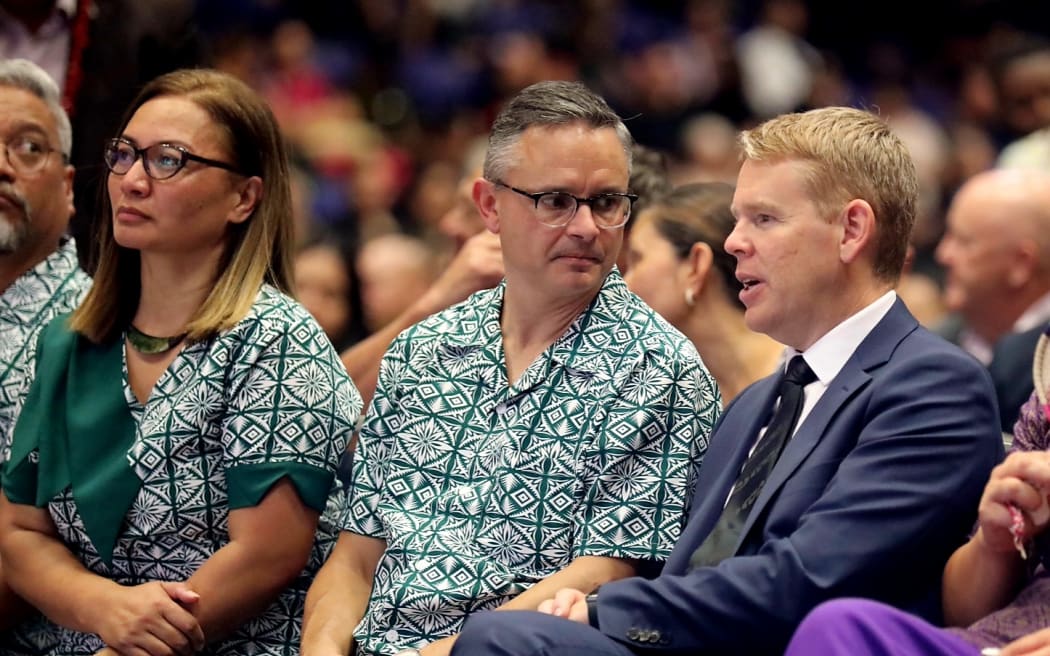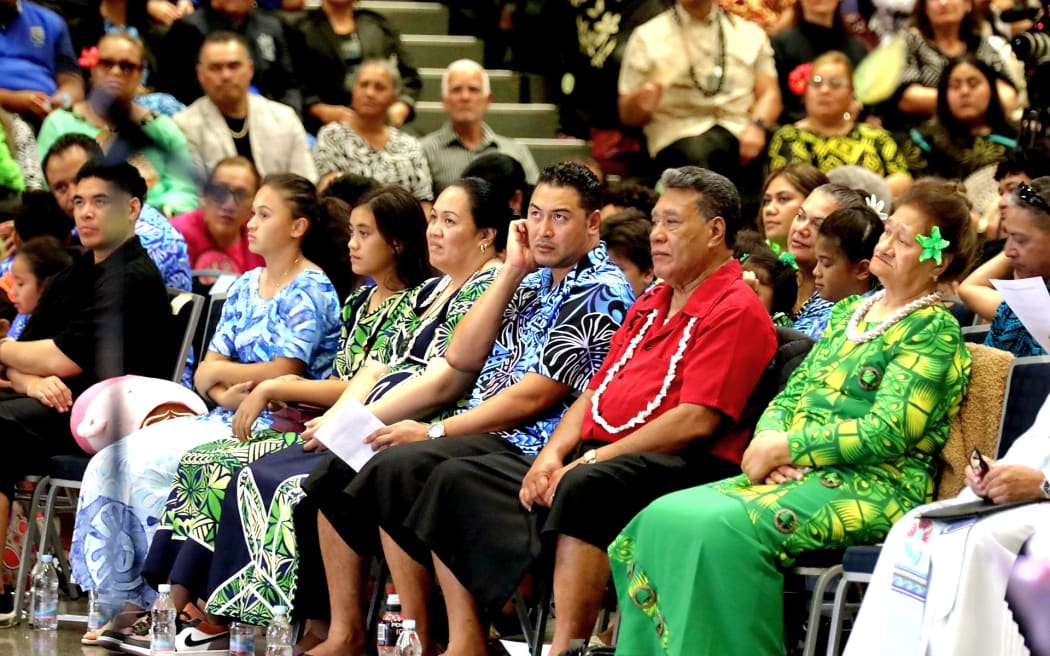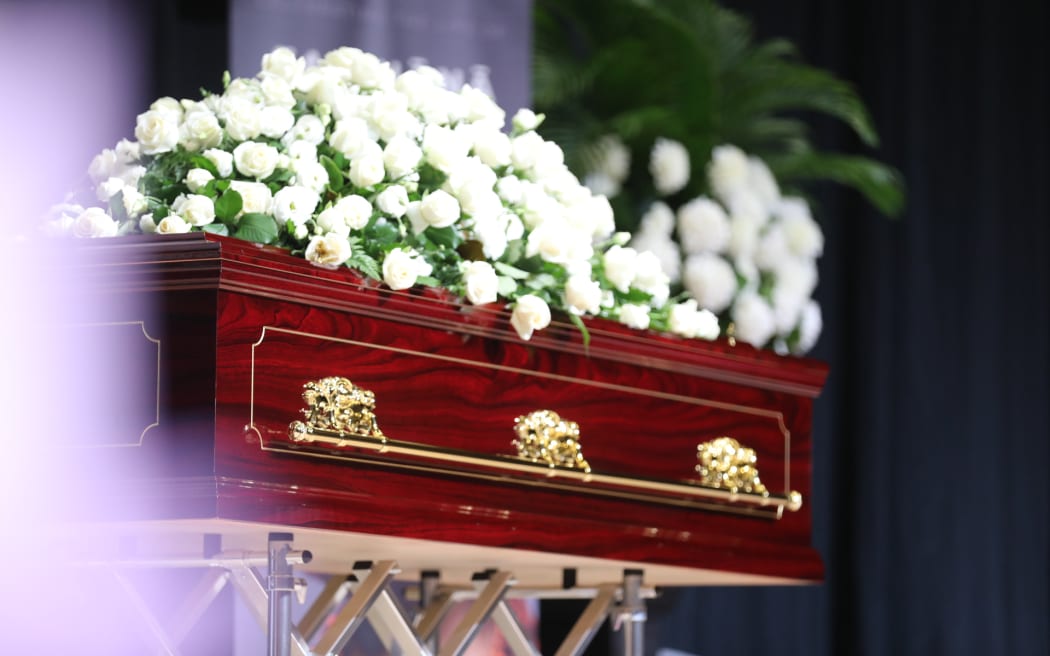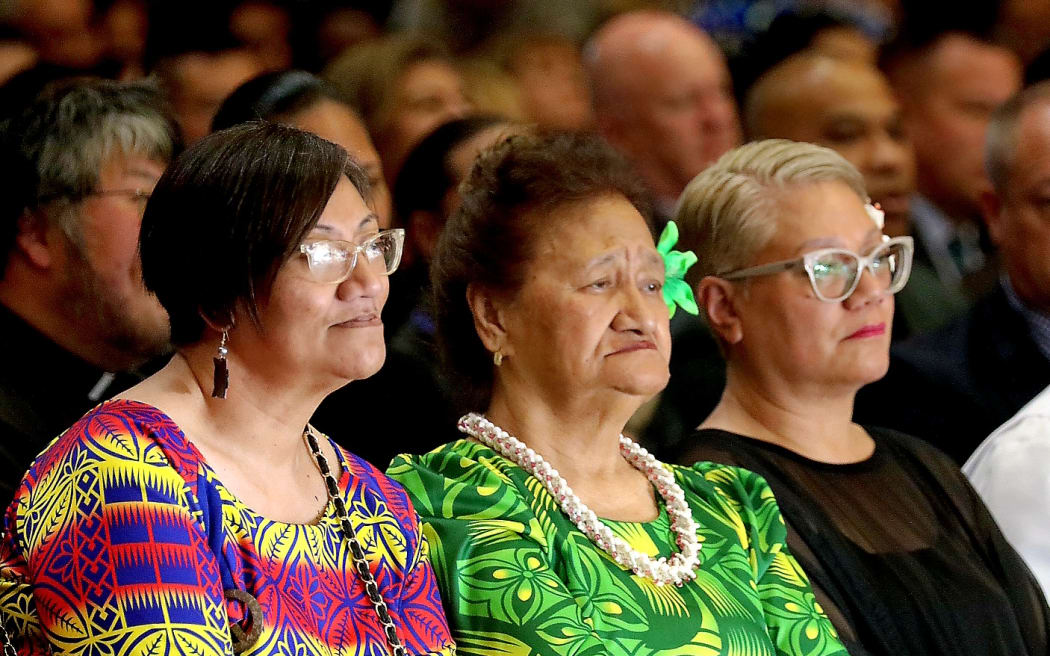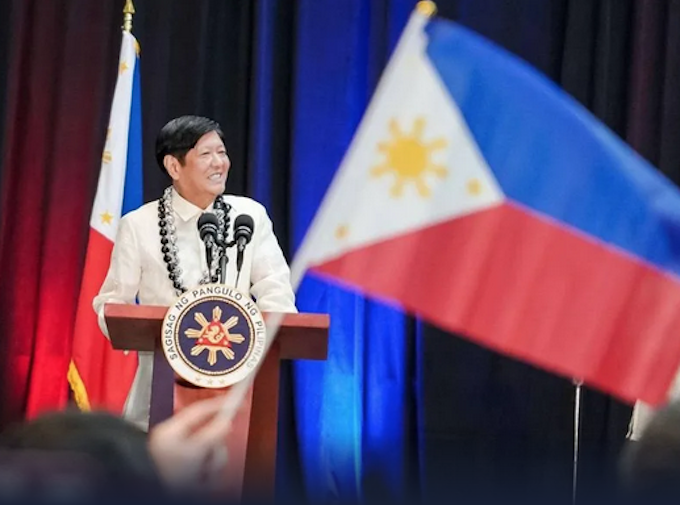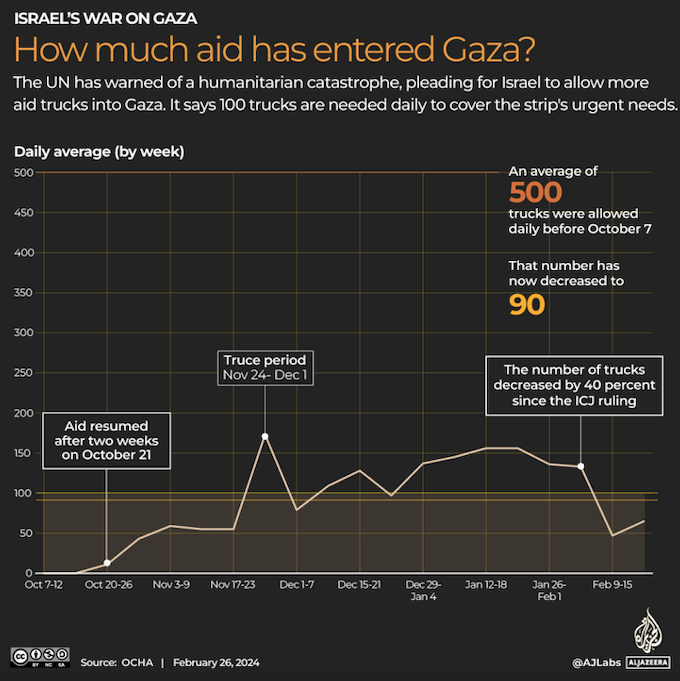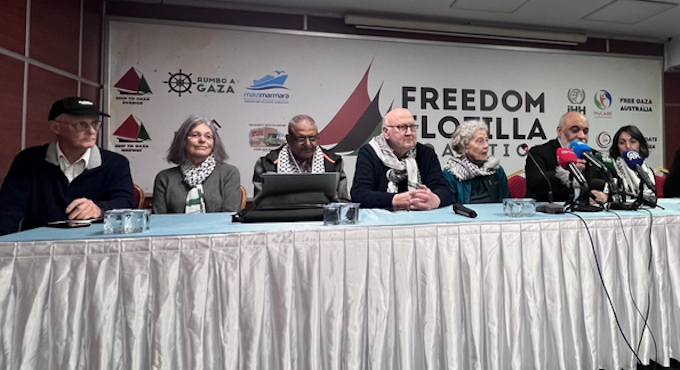Indigenous support for Palestine around the world has been overwhelming — and Aotearoa New Zealand is no exception, says a leading Māori environmental and human rights advocate.
Writing on her Kia Mau – Resisting Colonial Fictions website, Tina Ngata (Ngati Porou) says that week after week, tangata whenua have been showing support for Palestine since Israel’s genocidal war on Gaza began last October 7.
“This alone is a mark to the depth of feeling New Zealanders have about this matter, not just that they show up, but that they KEEP showing up, every week,” she wrote.
- READ MORE: Make no mistake – there is no indigenous support for Israel
- Jerusalem opens world’s first ‘Indigenous embassy’
- Israel’s war on Gaza live: Israeli forces kill 6 aid seekers, wound dozens
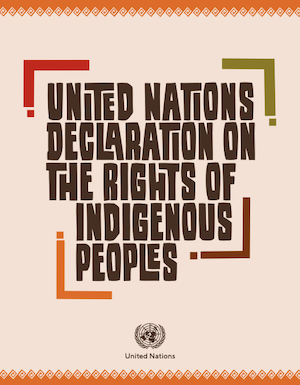
“In an age where wrongdoers rely on the public to get bored and move on — that hasn’t happened,” said Ngata, an East Coast activist writer who highlights the role of settler colonialism in climate change and waste pollution.
“Quite the opposite, actually — with every week passing, more and more tangata whenua are committing time and effort to understanding and opposing the genocide being carried out by Israel, first and foremost as a matter of their own humanity, but also as a matter of Indigenous solidarity.”
She was responding to publicity over a counter protest earlier this month by Destiny Church members who performed a haka in the middle of a Gaza ceasefire protest in Christchurch.
Thousands of pro-Palestinian protesters have been taking part in weekly rallies across New Zealand in support of an immediate ceasefire in Gaza and an independent state of Palestine.
More than 31,000 killed
More than 31,000 people have been killed by Israeli forces in Gaza so far and at least 28 people have died from malnutrition as starvation starts to impact on the besieged enclave due to Israeli border blocks on humanitarian aid trucks.
“As we’ve seen here in Aotearoa (and in so-called United States/Canada and Australia as well), there are always a few Indigenous outliers who are co-opted into colonial agendas, and try to paint their colonialism as being Indigenous,” Ngata wrote.
FARC’s Derek Tait & his gleeful public dehumanising of Palestinian protesters in the name of Destiny Church’s Tu Tangata thugs during a standoff in Ōtautahi yesterday, his racist behaviour & misappropriated haka managing to make last nights lead story on 1 News no less. pic.twitter.com/LodBTMwfNV
— Kelvin Morgan
(@kelvin_morganNZ) March 3, 2024
“In Aotearoa, those outliers have names, they are Destiny Church (and their political arm, the ‘Freedom and Rights Coalition’), and the ‘Indigenous Coalition for Israel’.
“This is not Indigenous support for Israel. It is Indigenous people, recruited into colonial support for Israel. It is easily debunked by the following facts:
– Israel is a product of Western colonialism
– Both groups are centered on Euro-Christian conservatism
– Both groups are affiliated with the far-right and white supremacists
– Māori have made it very clear, on our most important political platforms, that we stand with Palestine.”
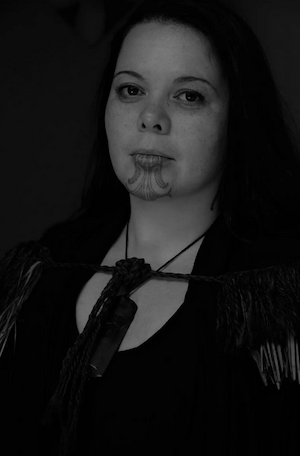
Ngata wrote that when news media profiled these groups as “Indigenous support for Israel”, it was important to note that a “hallmark of Western domination is the tendency to see Indigenous peoples as a homogenous group”.
“Even the smallest cohort of Indigenous peoples are, within a Western colonial mind (and to Western media), cast as representative of the whole,” she said.
“Equally important to note is that Indigenous people, through the process of colonialism, are regularly co-opted into colonial agendas, and this is often platformed by media to suggest Indigenous support for colonialism.
NZ’s ‘colonial project’
“The most energy-efficient model of colonialism is Indigenous people carrying it out upon each other, and New Zealand’s colonial project has relied heavily upon a strategy of aggressive assimilation and recruitment.”
Ngata wrote that it was clear Israel’s claims of Indigeneity were “unpractised, clumsy [and] unconnected to the global Indigenous struggle and unconnected to the global Indigenous community”.
“This is a natural consequence of the fact that they are colonisers, and up until very recently, proudly claimed that title,” she said.
Unsurprisingly, she added, Israel did not participate in the 2007 UN vote to endorse the Declaration for the Rights of Indigenous Peoples.
Researching this story took me down some wild rabbit holes and the challenge was making it all make sense. Israel has been maneuvering in the Pacific for decades.
Israel and the Pacific – a surprisingly close ‘friendship’https://t.co/mUpa3qMtyb
— Indira Stewart (@Indiratweets) March 10, 2024
While 143 countries voted in favour for the declaration at the UN, four voted against — Australia, Canada, New Zealand and the United States, with 11 abstentions, including Samoa. Recent articles and video reports have highlighted some groups in the Pacific supporting Israel, including the establishment of an “Indigenous Embassy” in Jerusalem.
“You know who DOES have a record of showing up at the United Nations as Indigenous Peoples?” asked Ngata.
“Indigenous Palestinians and Bedouin, both of whom have decried the colonial oppression of Israel.”
This post was originally published on Asia Pacific Report.
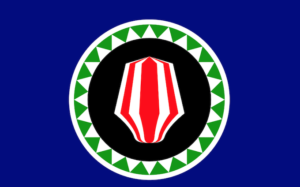
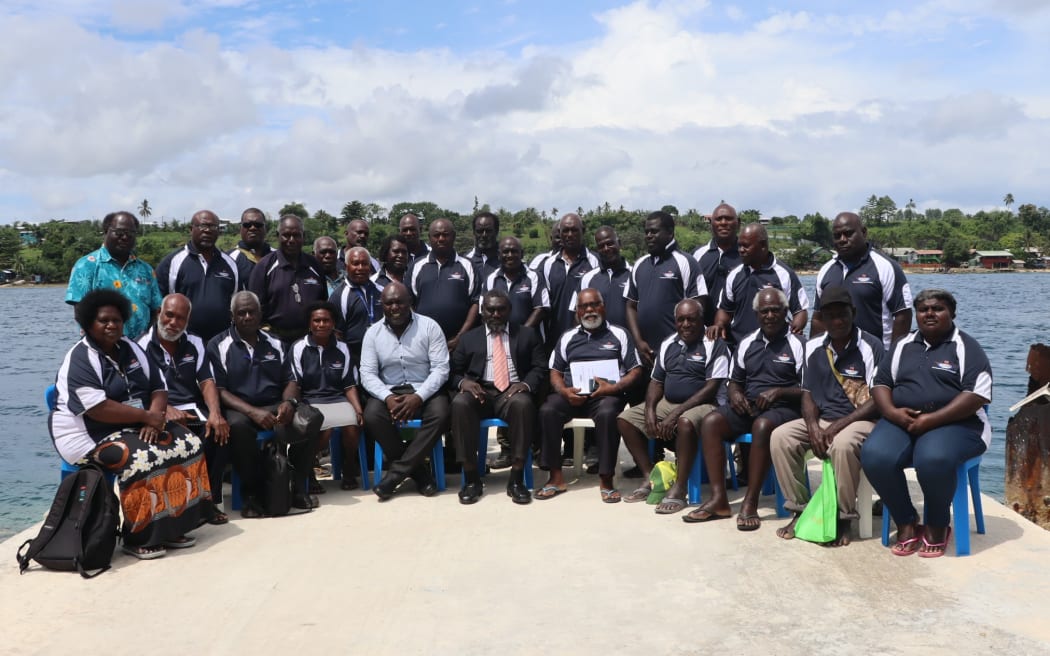
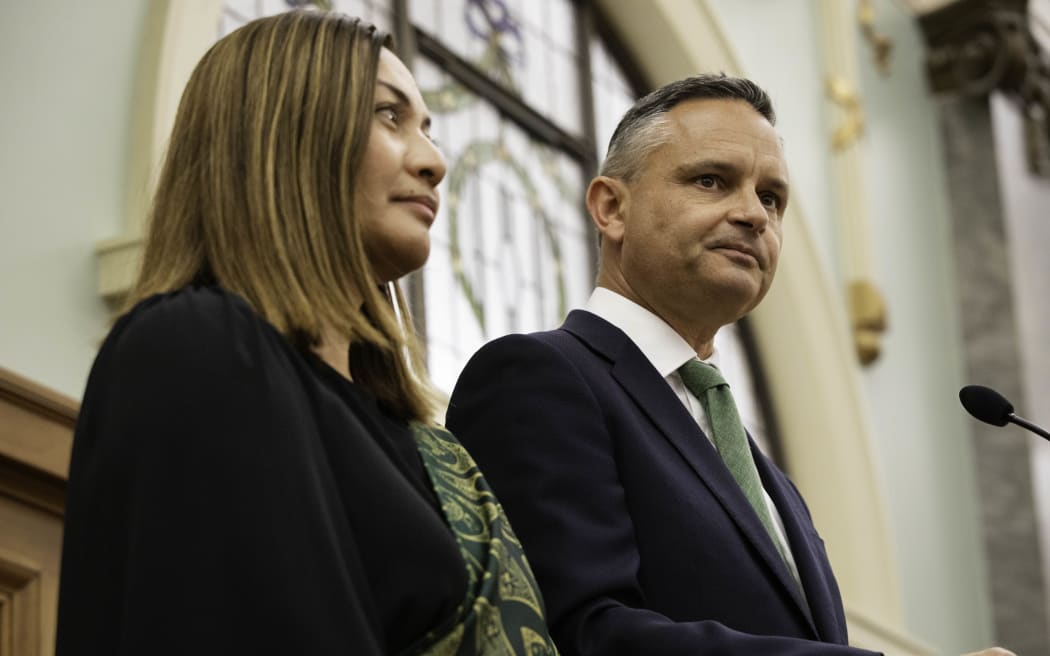
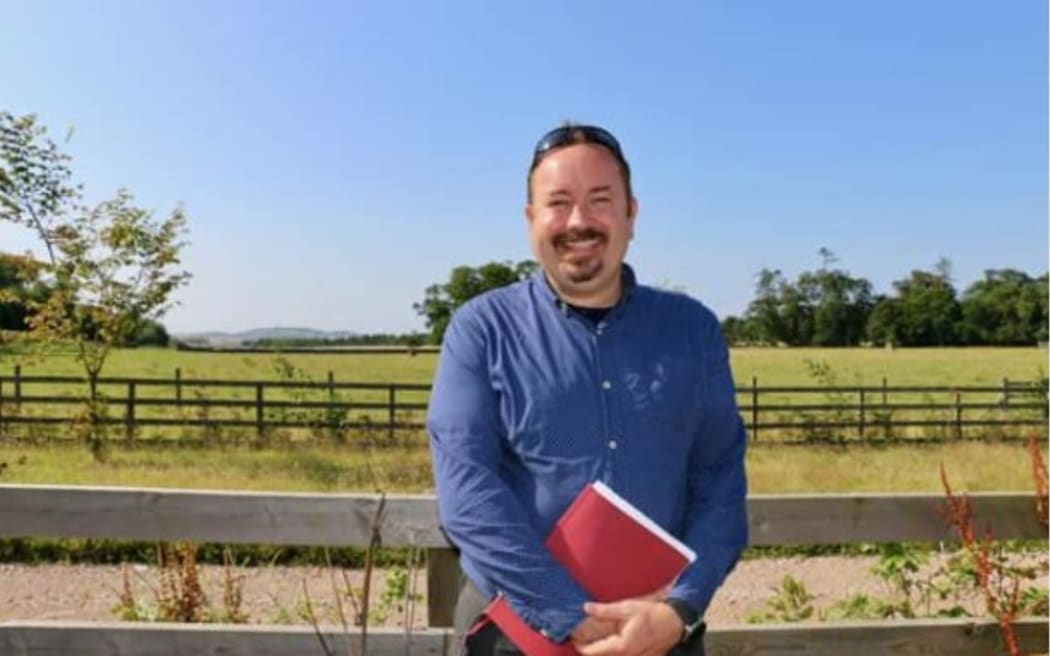
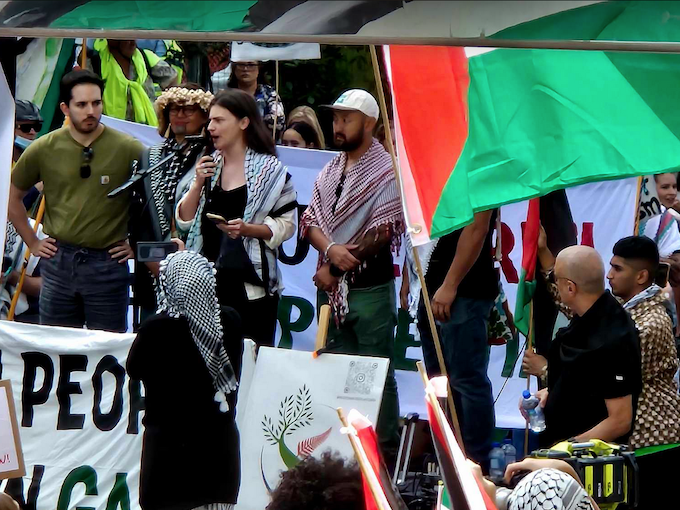
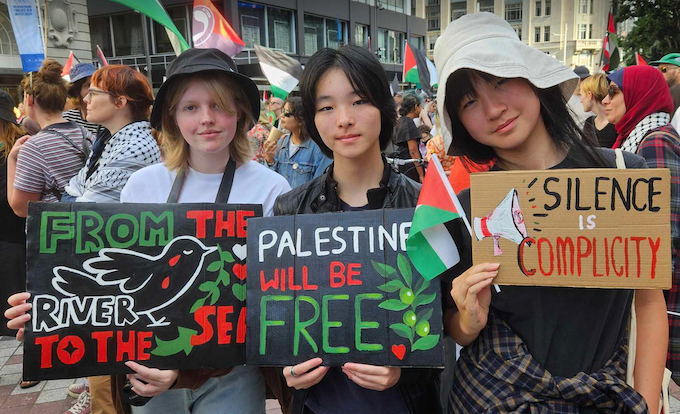
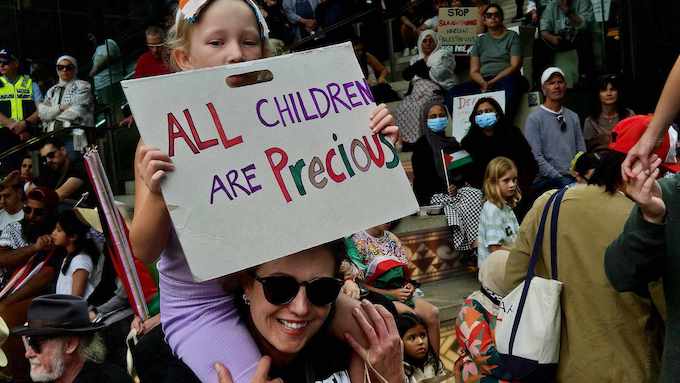
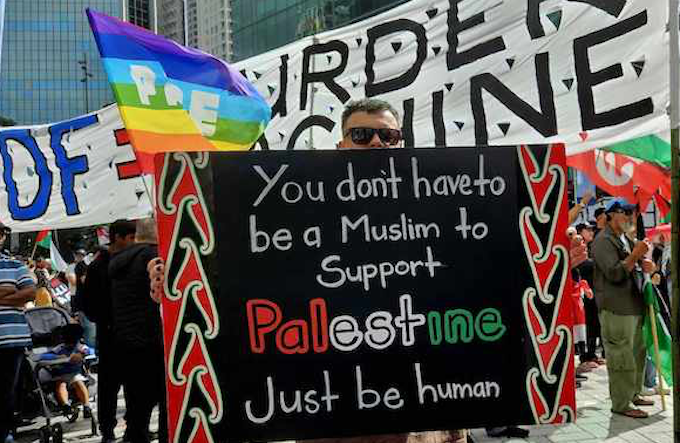
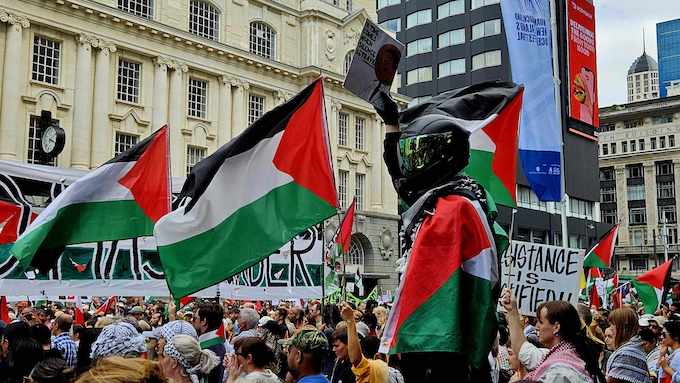
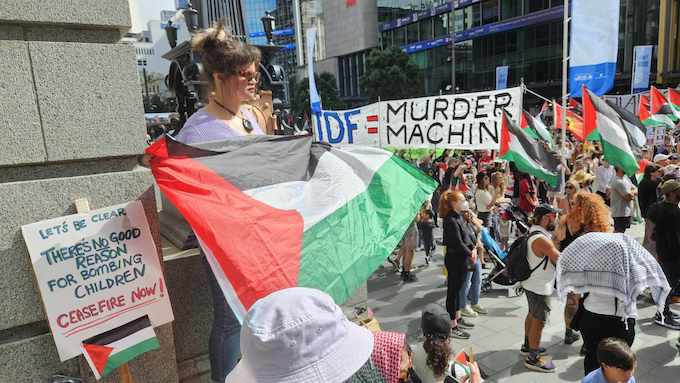
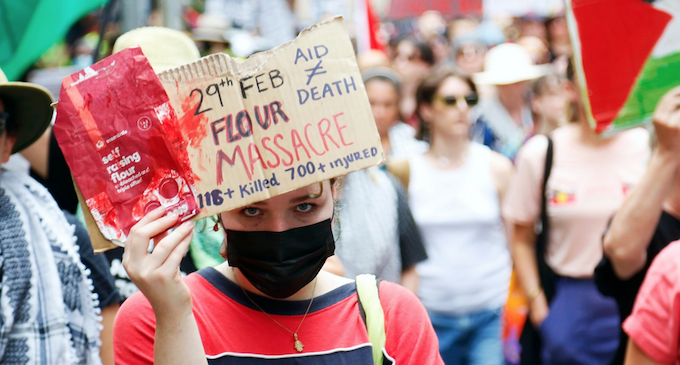
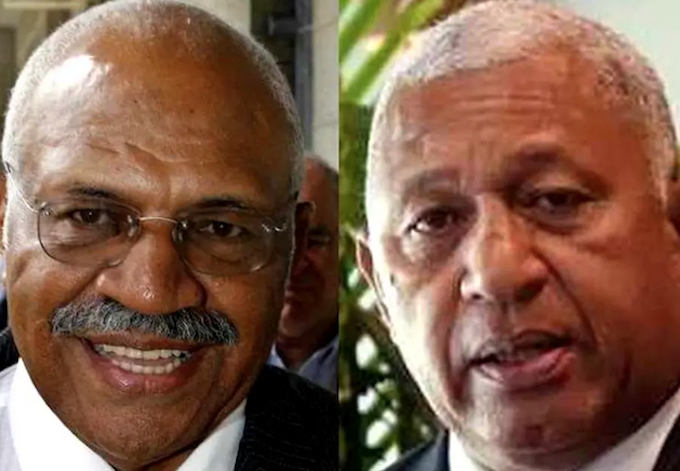
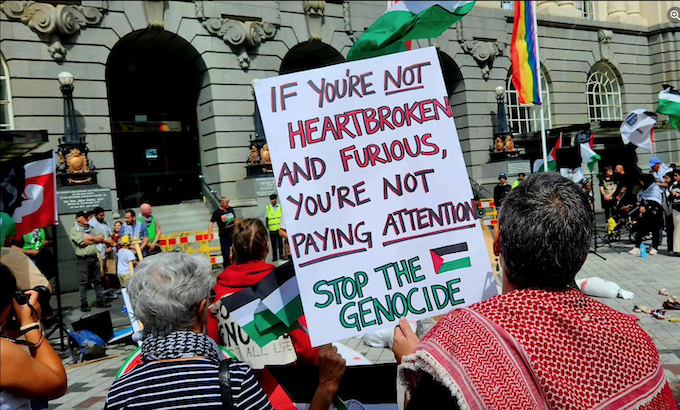
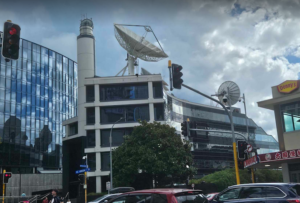
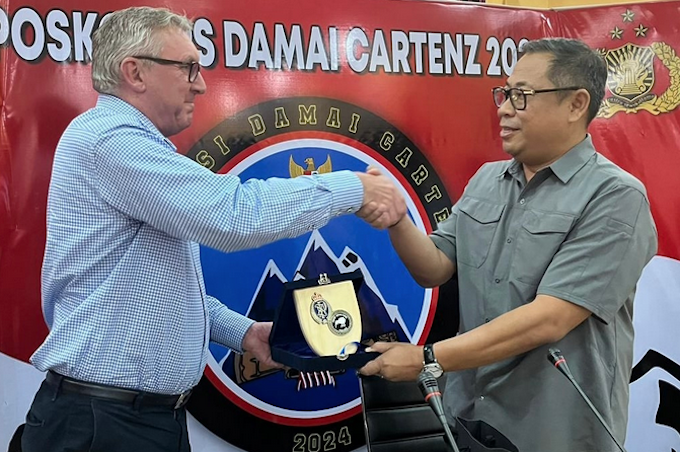
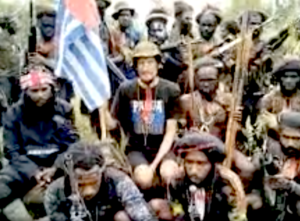
 Follow our LIVE coverage:
Follow our LIVE coverage: 